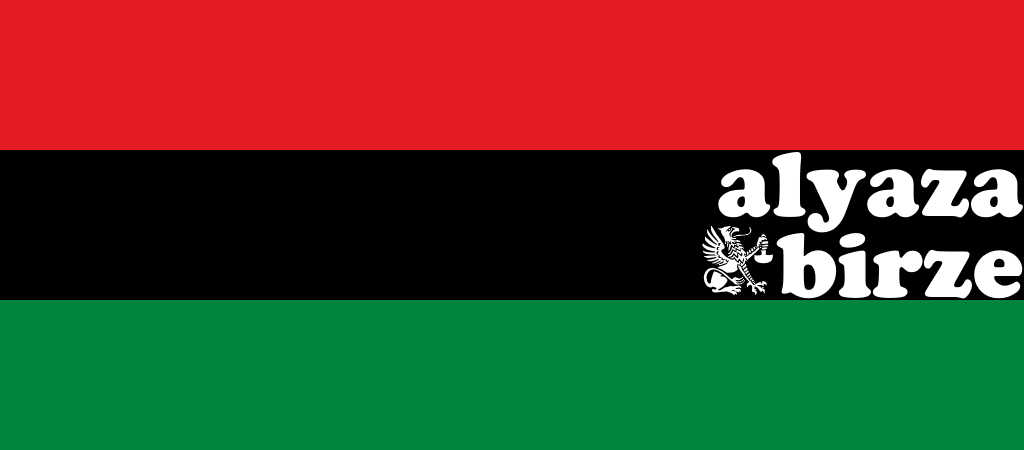alyaza [they/she]
internet gryphon. admin of Beehaw, mostly publicly interacting with people. nonbinary. they/she
- 261 Posts
- 78 Comments
Joined 3 years ago
Cake day: January 28th, 2022
You are not logged in. If you use a Fediverse account that is able to follow users, you can follow this user.
Moderates



































